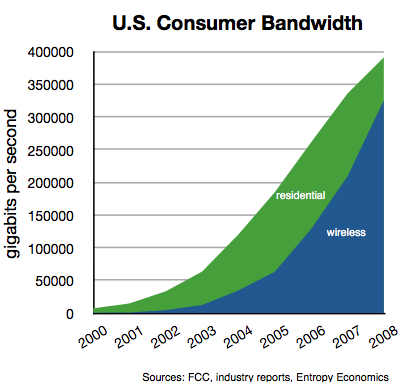Over the July 4 weekend, relatives and friends kept asking me: Which mobile phone should I buy? There are so many choices.
I told them I love my iPhone, but all kinds of new devices from BlackBerries and Samsungs to Palm’s new Pre make strong showings, and the less well-known HTC, one of the biggest innovators of the last couple years, is churning out cool phones across the price-point and capability spectrum. Several days before, on Wednesday, July 1, I had made a mid-afternoon stop at the local Apple store. It was packed. A short line formed at the entrance where a salesperson was taking names on a clipboard. After 15 minutes of browsing, it was my turn to talk to a salesman, and I asked: “Why is the store so crowded? Some special event?”
“Nope,” he answered. “This is pretty normal for a Wednesday afternoon, especially since the iPhone 3G S release.” Read the rest of this entry »
